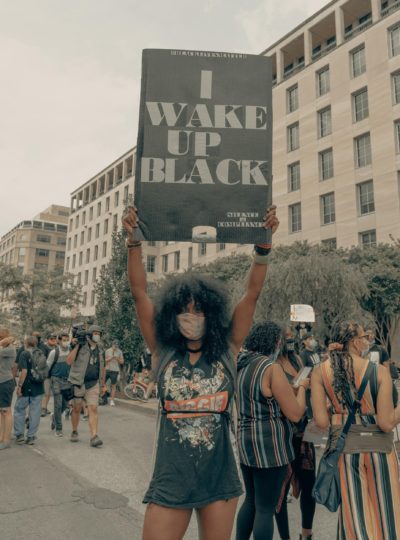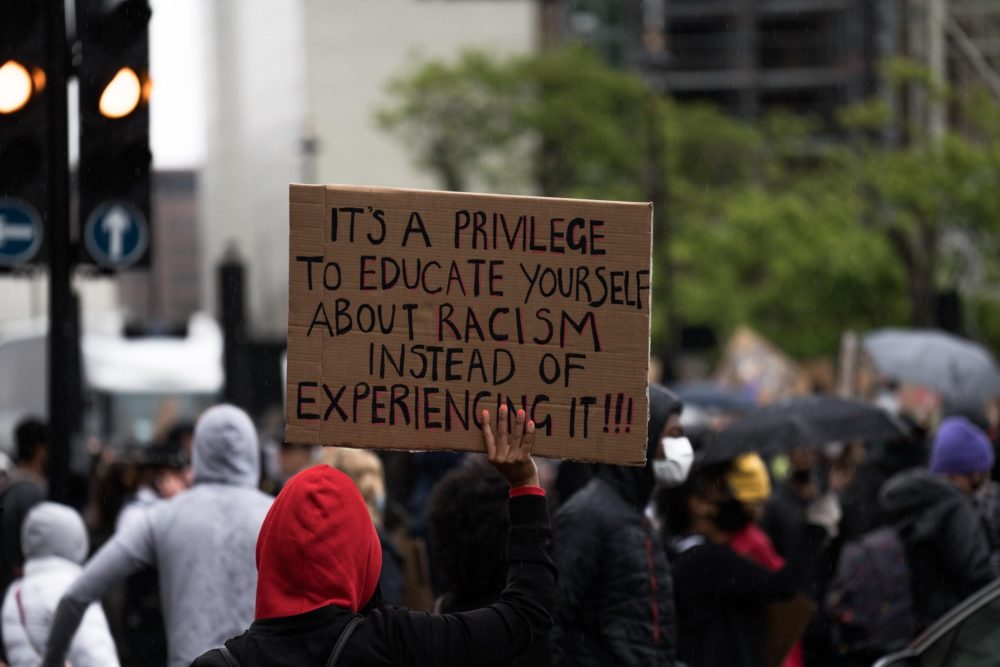For some white people, the phrases “Black-owned” or “First Black” are trigger words. They view the terms as “divisive” or “reverse racism.” As Issa Rae says, I’m rooting for everybody and everything Black. Black pride, Black culture, Black aesthetic, and Black art. Black Afrocentrism, Pro-Black, Black business, Black Lives Matter, and I could go on. These all unify and empower Black people. To those committed to misunderstanding our plight, our pride is intimidating as we celebrate and revel in the blackness of it all. With racial uprisings, there is a push to bring visibility to blackness. This includes community leaders, artists, authors, activists, and businesses. However, the increase in representation is ruffling the feathers of some.
Being the first Black, anything or anyone is not an anomaly. Black people are the unheralded leaders of America. Teaching history from a white perspective omits and overlooks Black achievements and advancements. Even significant events in Black History taught in schools are whitewashed. American history refracts the suppression of Black accomplishments. It is a lot to digest when the achievements of Black people are elevated and visible. White people never have a problem with the word “Black,” pertaining to race when it negatively connotes it. For example, if one discussed Black on Black crime statistics, there is not one white person who utters, “Why are we putting color on it? Why isn’t it called a crime?” As soon as Black people meet an achievement, then the perspective is the term “Black” plus Achievement is “anti-white.”

THE “WHITE GAZE”
Author Toni Morrison talked about the “white gaze.” The white gaze scrutinizes anything that does not align with their ideologies, racism, and their bigotry. It is present when consuming Black content. We see it when commenting on a post that dares to mention Black accomplishments. We notice it even in how we choose to protest. Some Black people internalize the “white gaze.” I read an article about a few Black-owned businesses that did not want recognition for being Black-owned. The fear is that the ‘Black-owned” label would not advance their business. These owners have conflicting feelings. Many of these owners desire to remain authentic to themselves but depend on white customers’ capital to grow their business. The bottom line and exposure can prove beneficial to Black business owners. This gaze lends to the threat of Black unity and the constant feeling of W.E.B.’s term, “double-consciousness,” It is the sense of always looking at oneself through the eyes of others.
PRO-BLACK IS NOT ANTI-WHITE
Black Pride does not mean “anti-white,” and “Black-Owned,” and “First Black” are not divisive terms. Why we create Black safe spaces of our own or use the phrases “Black-owned” or “First Black”? White people should ponder this question before imposing their ethnocentric views on Black culture. They should think about how Black people choose to label their accomplishments. It becomes exhausting for Black people to justify why these phrases need to exist. Removing the term “Black” from achievements trivializes the feats of Black people. Excluding the term, “Black” is another way to preserve white supremacy. The exclusion of the word Black also delegates Black people to lesser importance. Acknowledging Black Americans’ global footprint should permeate the titles of social media news, democracy, and the news cycle.
The days of being concerned with the grievances of white fragility are dwindling. The marginalization and trauma of Black people is the reason that the word “Black” precedes our accomplishments. If it were not for systemic hurdles, the playing field would be level, intimidating some White Americans. Even something as simple as a label makes them feel triggered and threatened. It is time for Black people not to give much thought to the “white gaze” and continue to resist it. White society should instead affix that white gaze to a mirror. Perhaps performing some soul searching and revisiting the lessons on Civil Rights, among other things. While looking in the mirror, I will reference W.E.B. DuBois’s significant question in his book, “The Souls of Black Folks.” Ask yourself, “How does it feel to be a problem?”
Kelly Washington is a freelance writer living on the Southside of Chicago. You can follow her on LinkedIn or social media at BlackBFly7 (Twitter).



